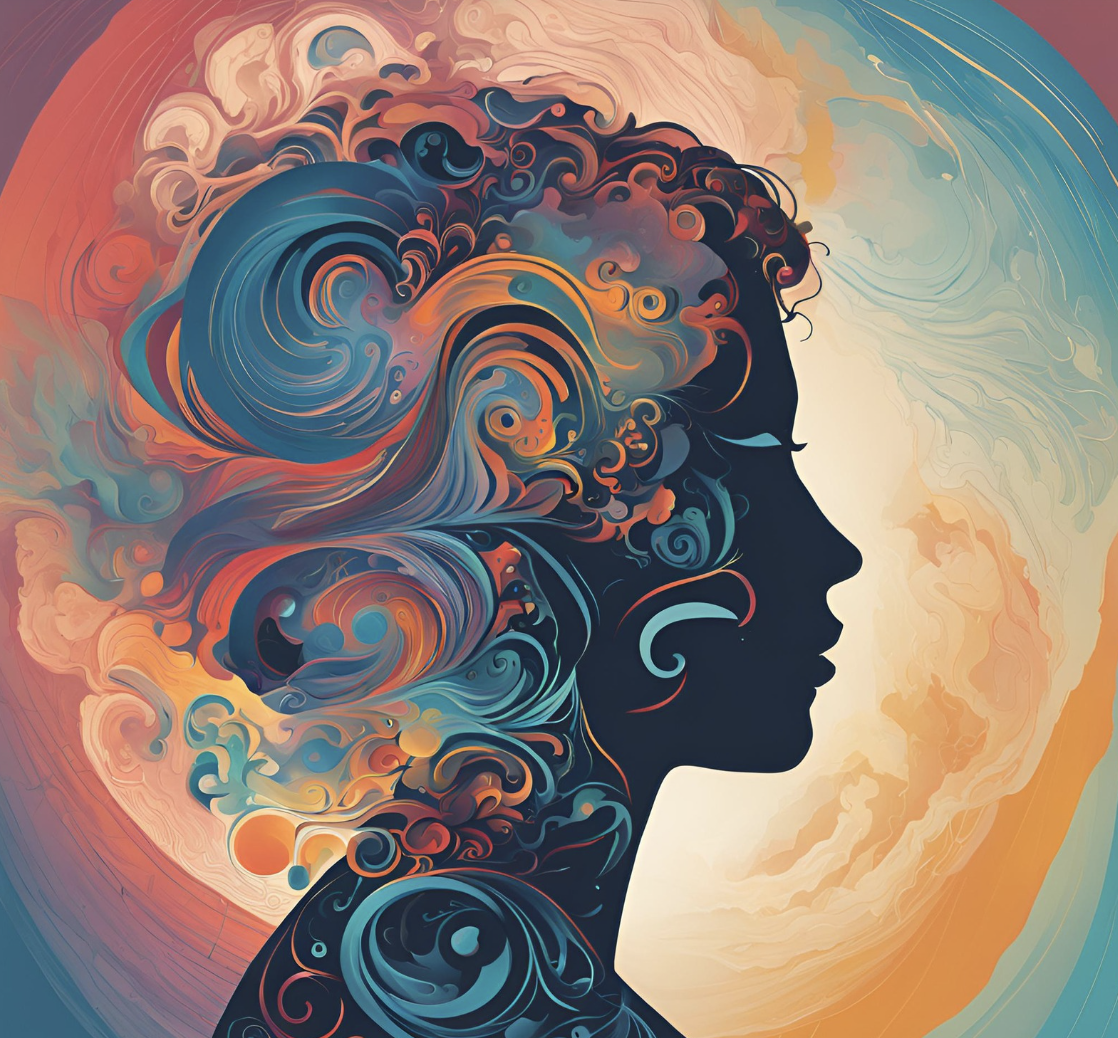
The Difference between Intuition, Rumination, Overthinking, and Problem Solving
We all think, but not all thinking is created equal. Sometimes, our minds work in ways that help us move forward, while other times, we get stuck in unproductive thought patterns. It's important to understand the differences between helpful thinking, like intuition and problem solving, and unhealthy habits, like rumination and overthinking. Here is an easy guide to help you navigate these mental processes and recognize when your mind is working for you—and when it might be holding you back.

Hormonal Health & How to incorporate it into your life
Hormonal health is a vital but often overlooked element of our overall well-being. Just like a finely tuned orchestra, our endocrine system requires balance and harmony to function at its best. Imagine each hormone as an instrument—when one is slightly off, the entire symphony can feel out of sync.
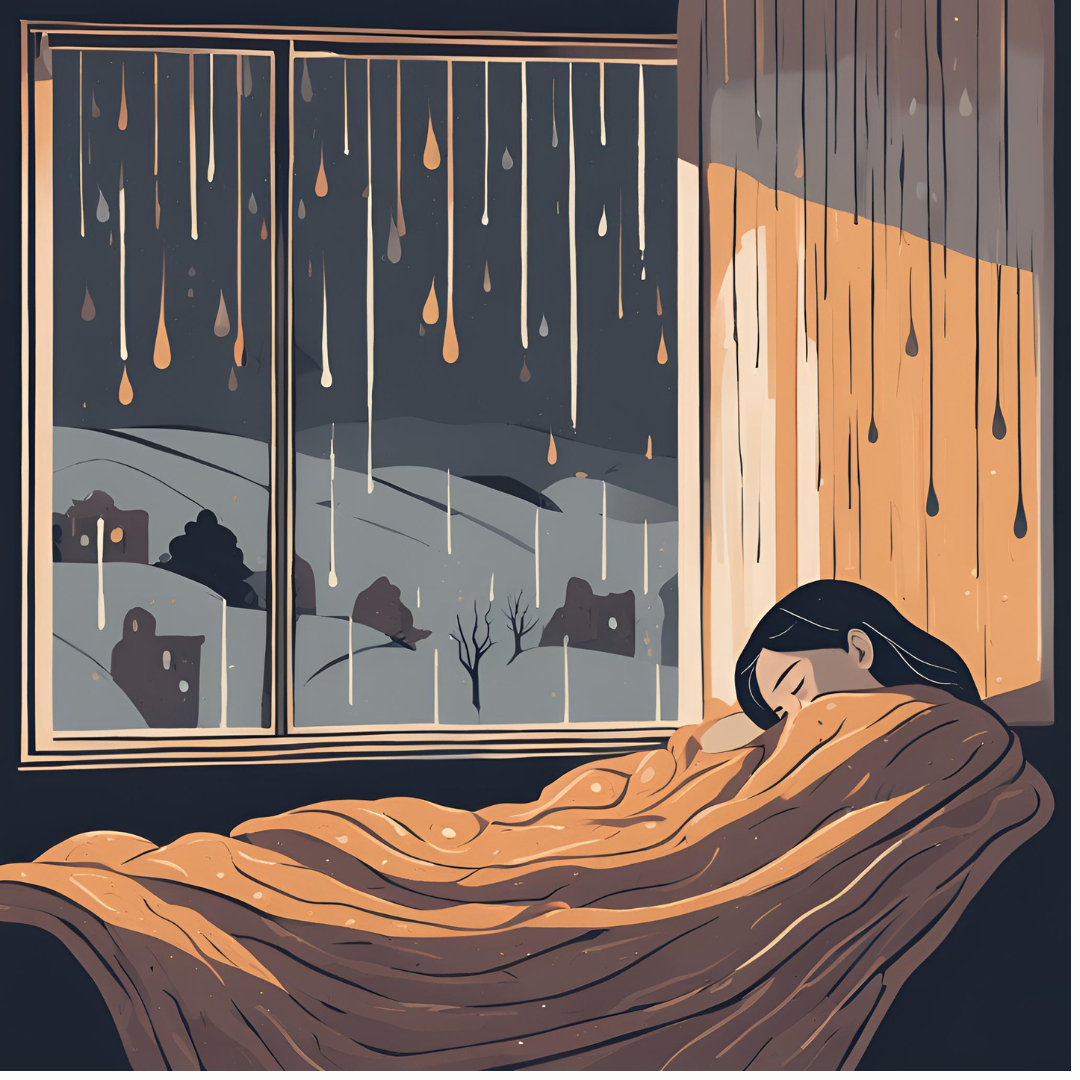
Seasonal Depression Isn’t Your Fault—It’s Capitalism: How Community Care and Rest Can Help
As the days get shorter and temperatures drop, many people experience feelings of sadness, fatigue, and even hopelessness—a condition widely recognized as seasonal depression, or Seasonal Affective Disorder (SAD). It's easy to blame this on biology alone, especially when we hear that it’s caused by factors like reduced sunlight or hormonal changes. But there’s more to the story, and it involves a system that’s constantly pushing us to work harder, produce more, and rarely, if ever, slow down: capitalism. The Capitalist Model and Its Impact on Seasonal Depression
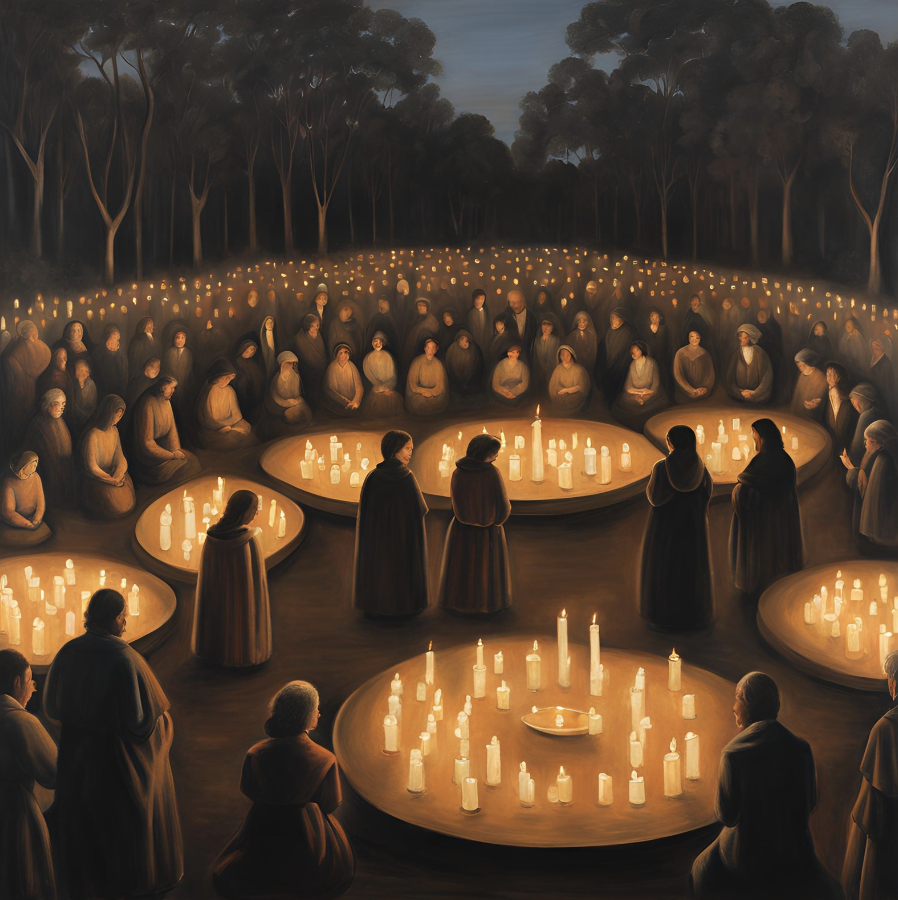
Different Types of Grief Practices: From a Decolonizing Perspective
In many cultures, grief has traditionally been understood through a Western psychological lens, emphasizing individual experiences and talk therapy as the primary means of healing. However, from a decolonizing perspective, it’s essential to acknowledge and honor the diverse, communal, and culturally grounded ways of processing grief that exist around the world.

Cultivating Self-Love in Relationships: Insights from the Polyvagal Theory
When it comes to cultivating self-love while navigating relationships, many people will tell you, “You have to love yourself first before you can love someone else.” But let me humbly challenge that notion. Self-love and relationships can be nurtured simultaneously, especially when we understand how our nervous system influences both. Enter the Polyvagal Theory—an essential framework for understanding this interplay.
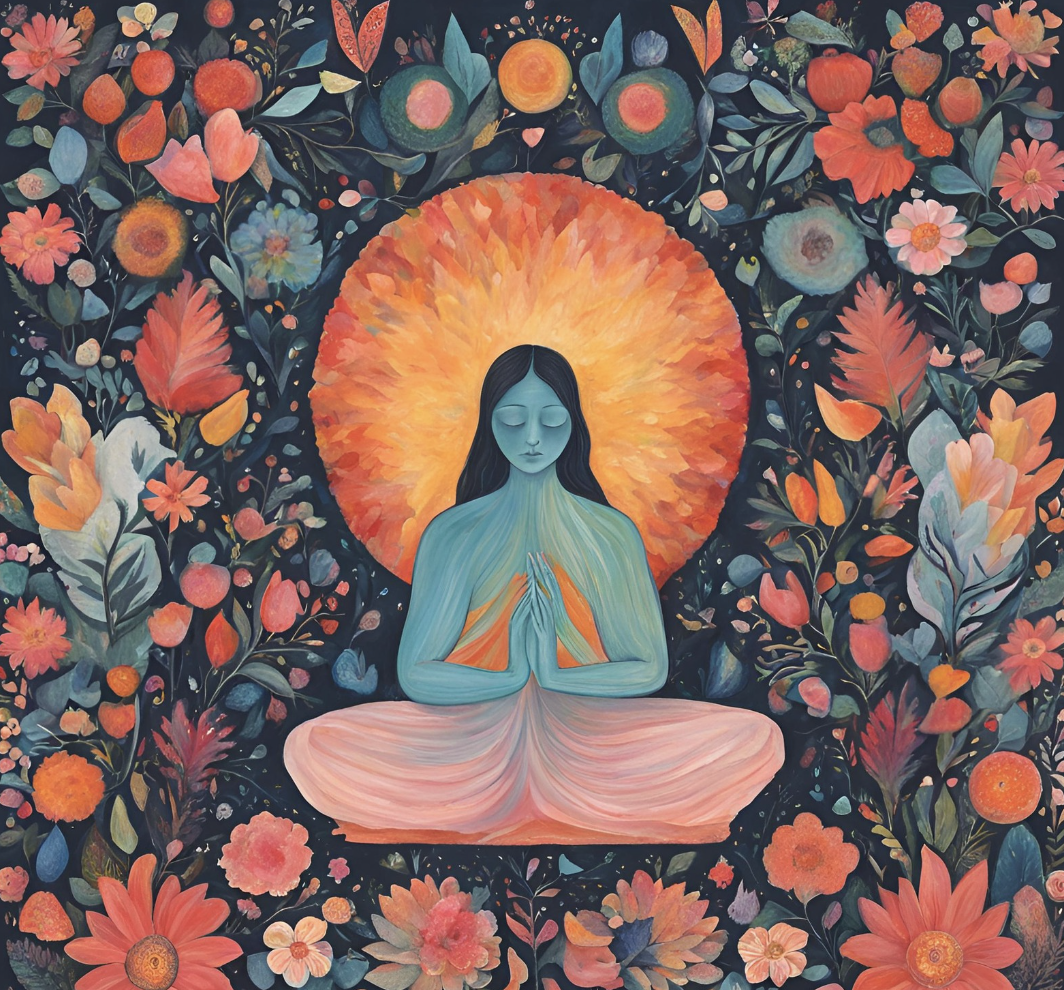
The Power of Self-Compassion
For many, self-compassion is misunderstood as self-indulgence or complacency. We fear that being kind to ourselves will make us lazy or weak. However, self-compassion is not about lowering standards or “letting ourselves go”. Instead, it is a way to hold ourselves accountable in a gentle and sustainable manner—acknowledging our natural tendencies while also maintaining and permiting our desire to grow and expand.
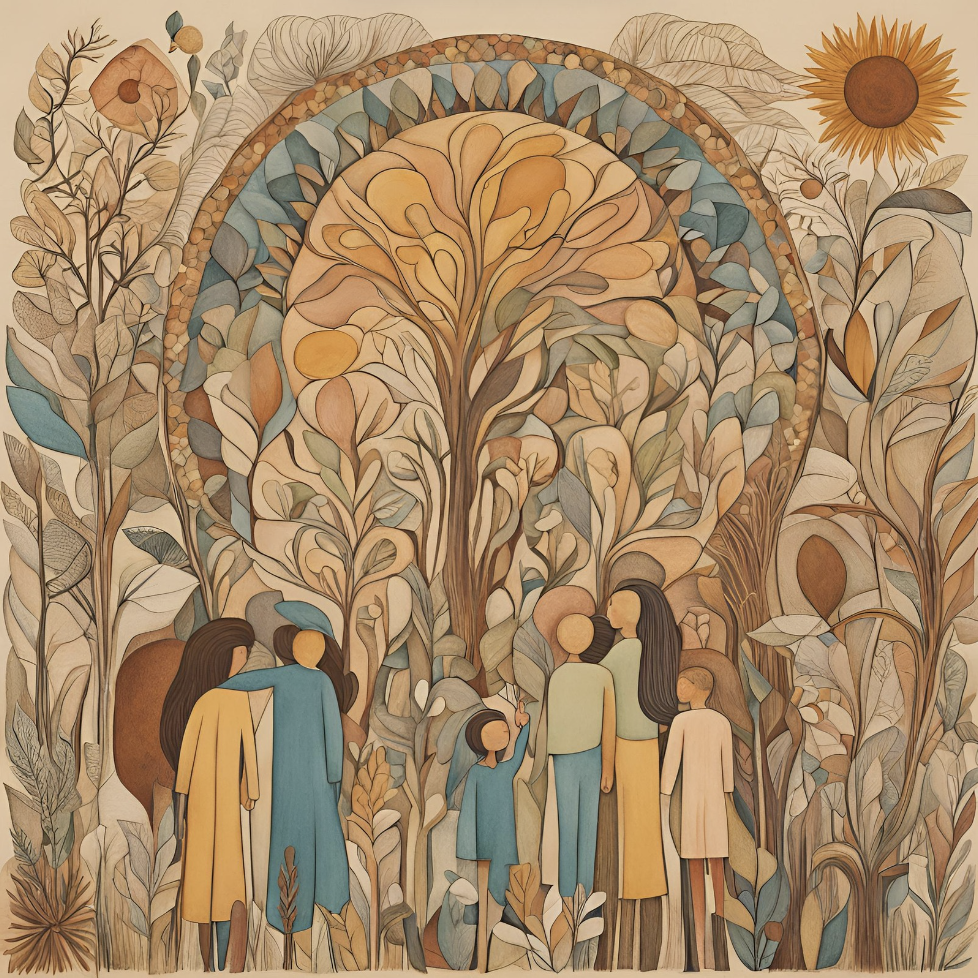
Mwe: How the self is more than just you
Mwe is a term coined by Dr. Dan Siegal that describes the embodiment of the interpersonal, “me”, and interconnected identity, “we” into one term, “Mwe”. The term “Mwe”’ stands for how the self is more than what is defined by the term “me” and is more about how we are defined by the relationships around us. Since we are relational creatures, we are defined more than by the boundaries of our selves. So why is this important and what benefit does adding the term “Mwe” have to your vocabulary do for you?
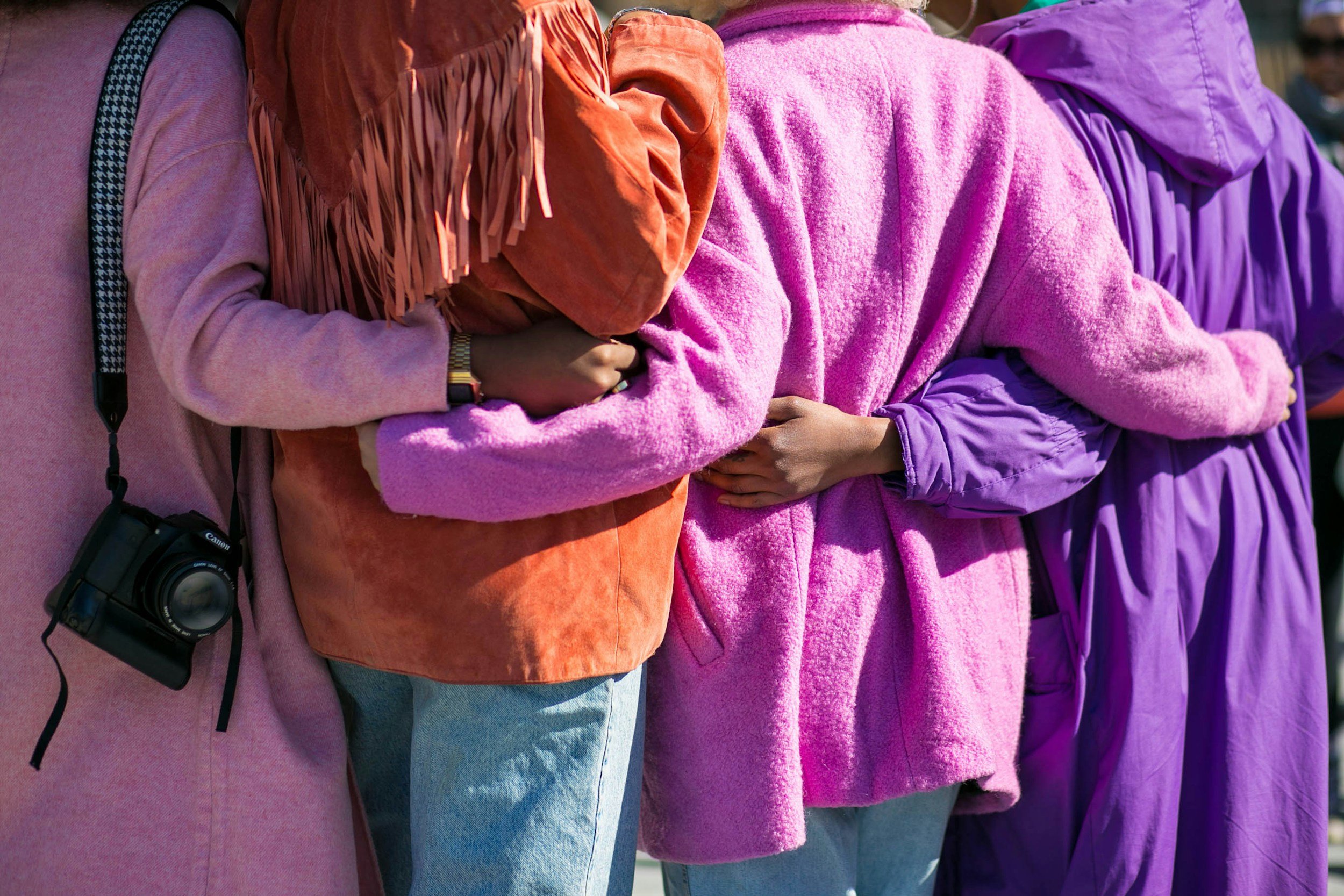
Wired for Connection: Understanding Coregulation and Polyvagal Theory
Coregulation is a dynamic process where individuals attune to each other’s emotional states and behaviors, leading to a mutual regulation of feelings and physiological states. This phenomenon starts from infancy, where caregivers and infants engage in a dance of facial expressions, vocalizations, and touch, fostering a sense of safety and attachment. This early experience of coregulation lays the foundation for our ability to manage stress and emotions throughout life.

Acceptance and Rest in the transitions of seasons
No matter what stage you are in life, the change of seasons prompts us to adjust. Whether that means storing away your winter clothes and bringing out your long-awaited summer getup, the adjustment to the new season has the ability to impact people in different ways. For some people the adjustment can be exciting as it may be a time of travel and adventure, however for others the adjustment can feel draining and unprompted. As we enter into the summer and begin the process of adjustment and acceptance of this new normal, I invite you to take a moment to just notice this change.

Understanding Overreactions Through Polyvagal Theory: A Path to Compassion and Healing
Have you ever reacted intensely to a situation and later wondered, "Why did I get so upset?" Perhaps it was a minor disagreement or a sudden loud noise that triggered a seemingly disproportionate response. These moments, often labeled as overreactions, can be understood more compassionately as emotional flashbacks.
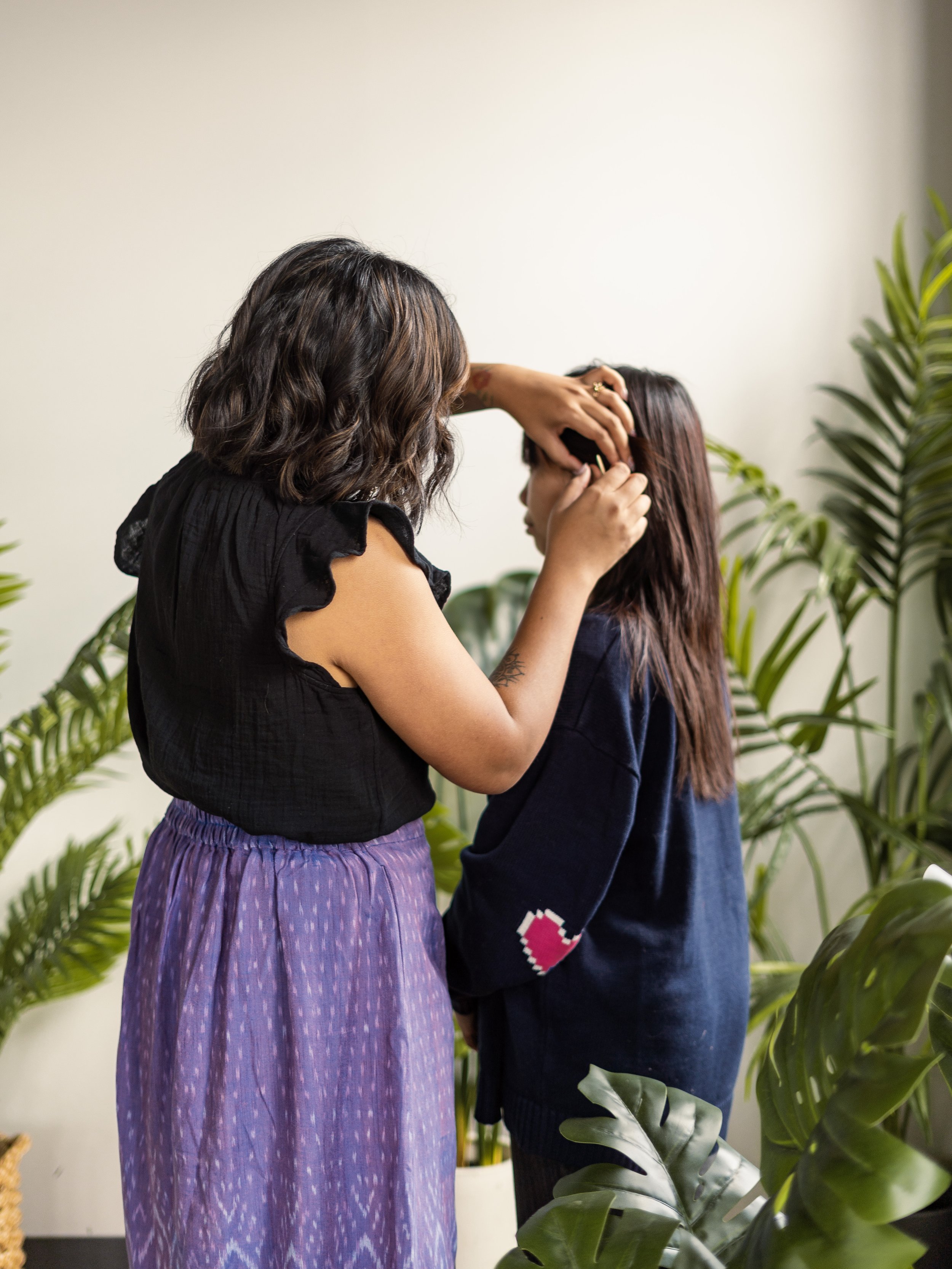
The Healing Art of Auriculotherapy: Exploring Ear Seeding
Unlike traditional acupuncture, which uses needles, auriculotherapy can utilize ear seeds, tiny beads or seeds placed on the ear's surface to exert pressure on specific points. This method is based on the idea that the ear is a microsystem that reflects the entire body, with each point on the ear corresponding to a specific organ, emotion, or part of the body.

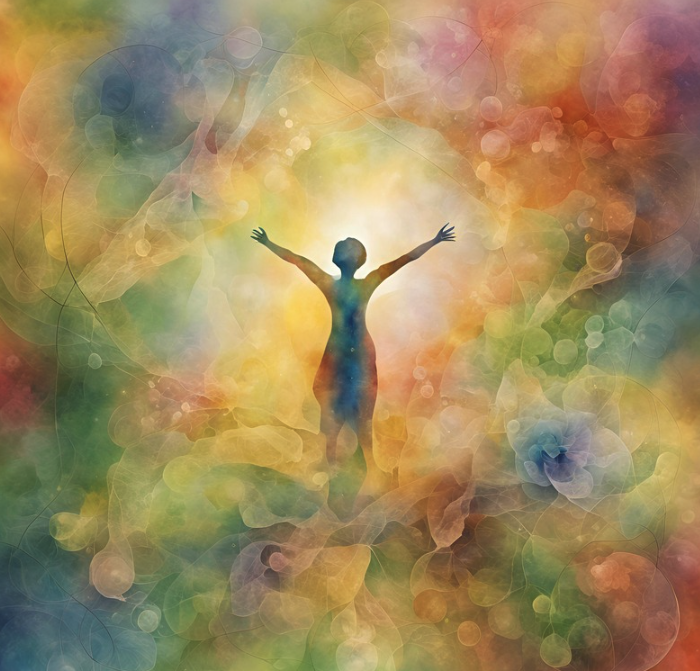
Healing Your Inner Child
In the hustle and bustle of modern life, we often lose touch with the most vulnerable and precious parts of ourselves—our inner child. The inner child represents our earliest experiences, emotions, and memories, many of which shape our present thoughts and behaviors. Healing your inner child is not just a psychological exercise; it's a profound journey toward self-discovery, wholeness, and peace. This editorial explores the importance of acknowledging and nurturing this often-neglected aspect of ourselves.

Rationalizing and intellectualizing is actually harming not helping.
Have you ever found yourself in a situation where you're facing a tough decision or dealing with a challenging emotion, and instead of fully experiencing it, you try to rationalize it away? Maybe you tell yourself, "It's not that big of a deal," or "I should just toughen up and get over it." Well, you're not alone. Many of us have been taught to intellectualize our emotions—to analyze them from a distance rather than actually feeling them.
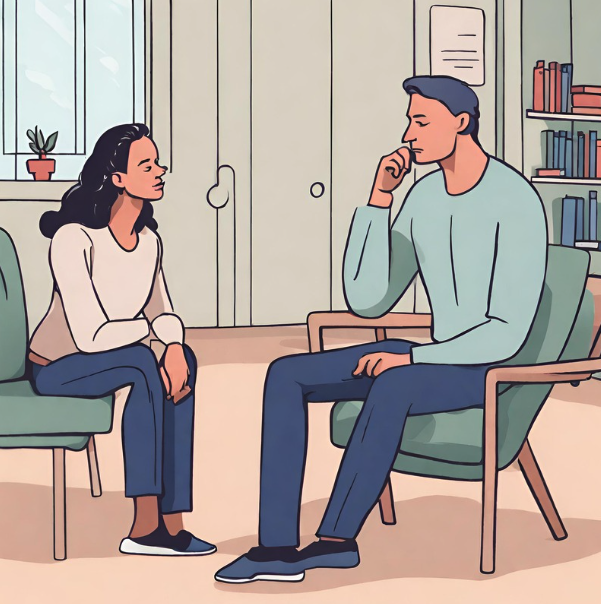
Attachment Patterns through the EMDR Framework
In this month’s editorial, we are focusing on attachment patterns through the EMDR framework. Learning about attachment patterns is an integral part of EMDR as it gives us context and information about our childhood and family of origin. Exploring attachment patterns take on the same approach of somatic therapy and EMDR as it calls individuals to investigate their emotions and memories from the bottom-up, whereas in contrast, traditional talk therapy/CBT analyzes from the top-down.
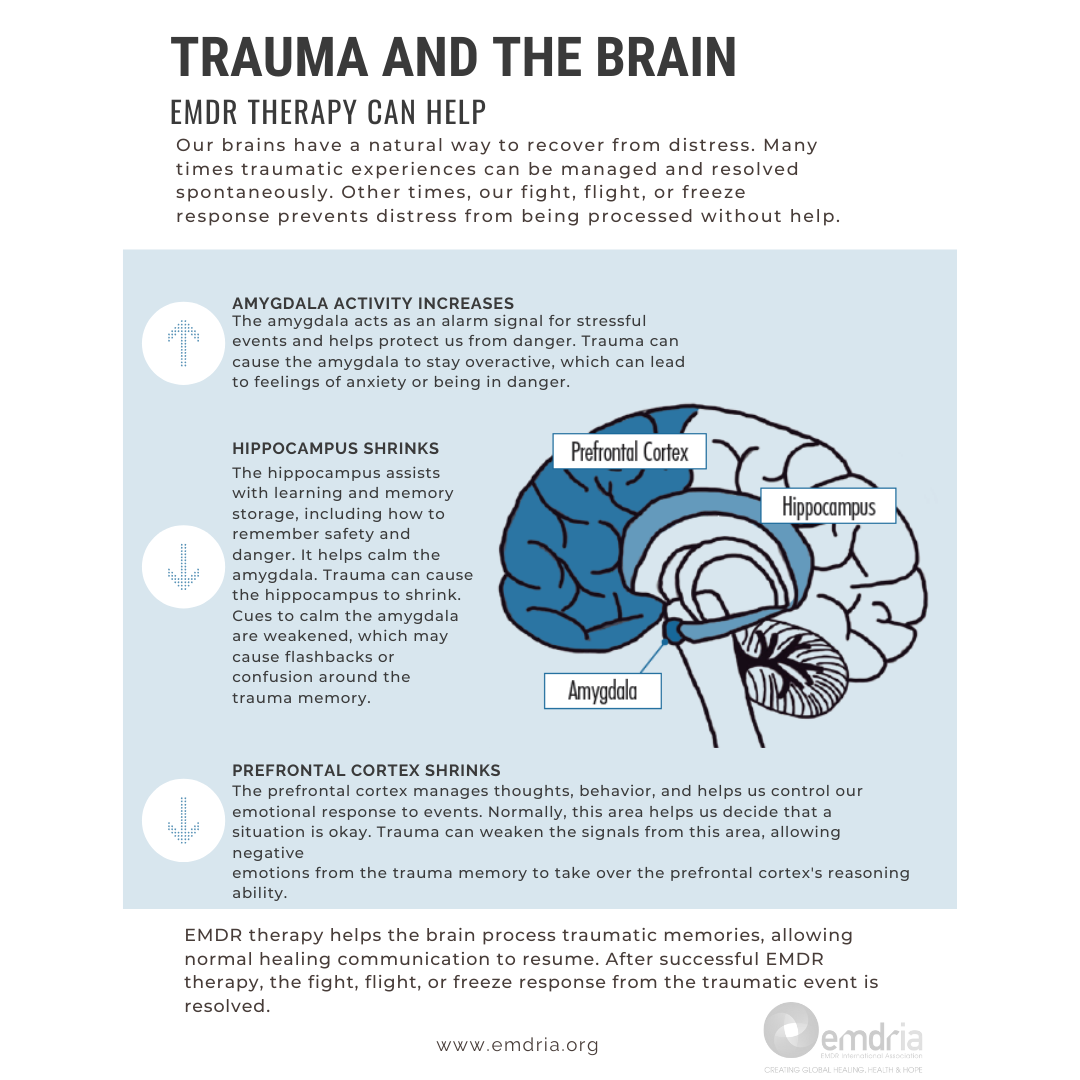
What is EMDR Therapy?
Research unveils that these memories, stored in the brainstem like unsorted data, wreak havoc when unexpectedly summoned. Picture it: raw fragments causing emotional and physical ripples. EMDR, the mastermind with its bilateral wand, works to stitch those memories into a coherent narrative. It's like turning chaos into a story, one that heals and transforms the mind's tangled tapestry.

Overcoming Perfectionism in the World of Self-Care
Overcoming perfectionism in the realm of self-care can be challenging but immensely rewarding. Self-care and learning how to be more compassionate to oneself can seem like a daunting task to those that identify with perfectionistic behavior patterns. Although starting or maintaining a self-care routine can be condensed into a replicable equation of activities we see from influencers on social media, it’s important to craft your own care routine that fits your identity, lifestyle, and personality.

The Pursuit of Calm: Lies from the New Age Spirituality movement
Let's delve into the concept of calm. Often portrayed as a serene state of mind, calm represents solace amidst life's storms. New Age spirituality romanticizes calm as a perpetual state, a destination rather than a fleeting experience. Detachment from worldly concerns is a core tenet of New Age spirituality. Practices like meditation and mindfulness are hailed as gateways to calm. Yet, our relentless pursuit may create an unrealistic expectation that calm should be our default mode. This can lead to emotional bypassing, where we use meditation to escape challenging emotions or invalidate our struggles compared to others' seemingly perfect lives.
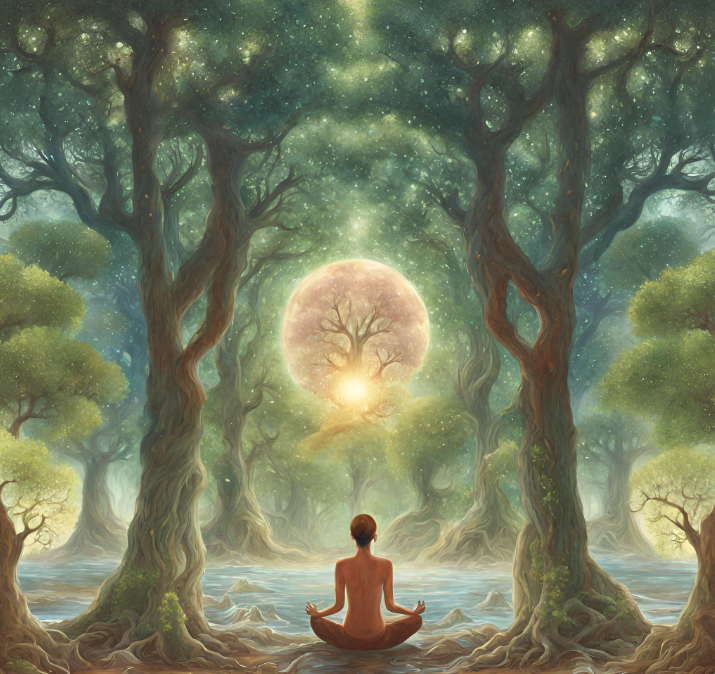
What is Somatic Healing?
Somatic healing refers to a holistic approach to healing that involves the integration of the mind and body. It recognizes the interconnectedness of physical sensations, emotions, and mental well-being. The term "somatic" pertains to the body, and somatic healing techniques focus on addressing and releasing tension, trauma, and stress that may be stored in the body.
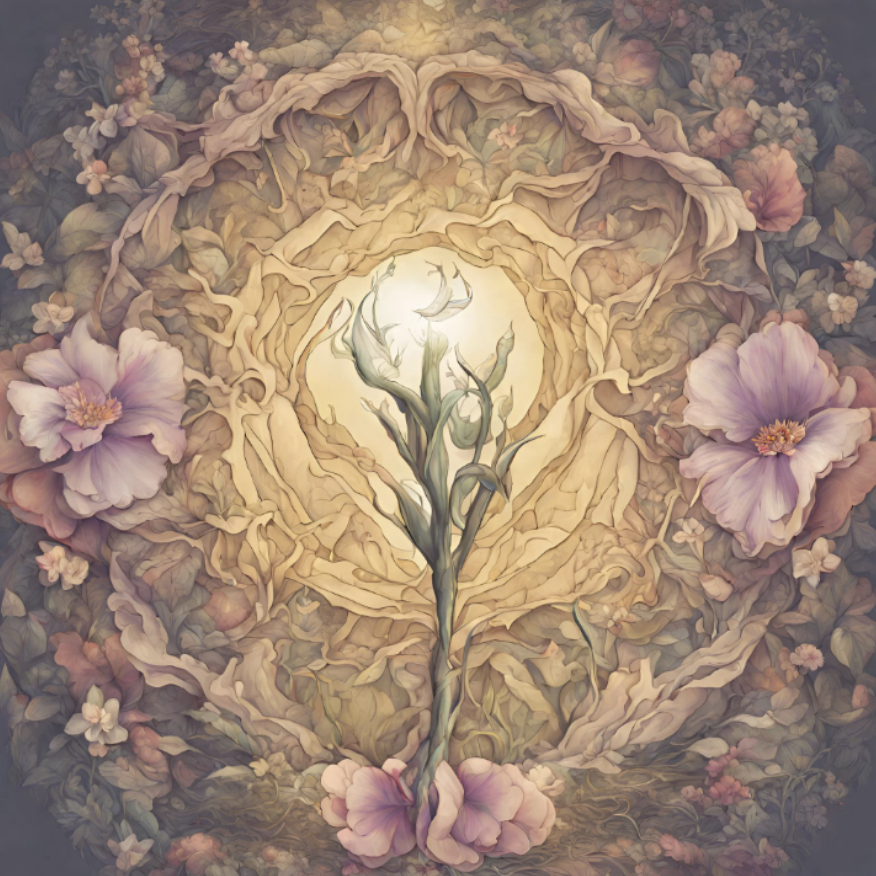
Intergenerational-trauma for Collective Care Seekers
Intergenerational trauma also be called ‘ancestral trauma’, can take on many forms as it typically dates back many generations. Intergenerational trauma refers to the transmission of trauma, adverse experiences, or negative cultural patterns across generations. This specific kind of trauma becomes real when it manifests in times of psychological distress which can impact our relationships, behaviors and even our physical health.